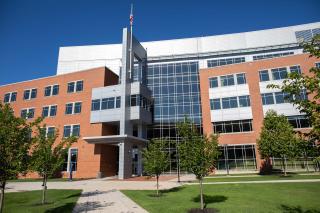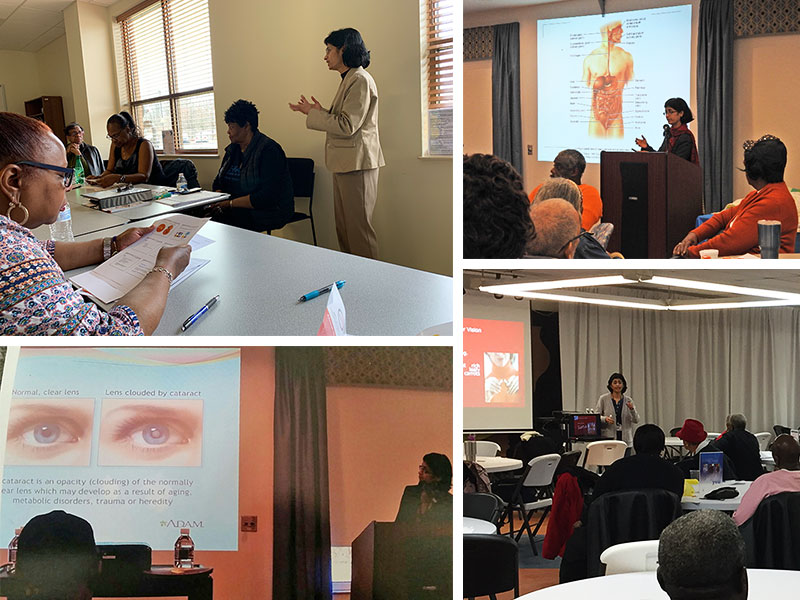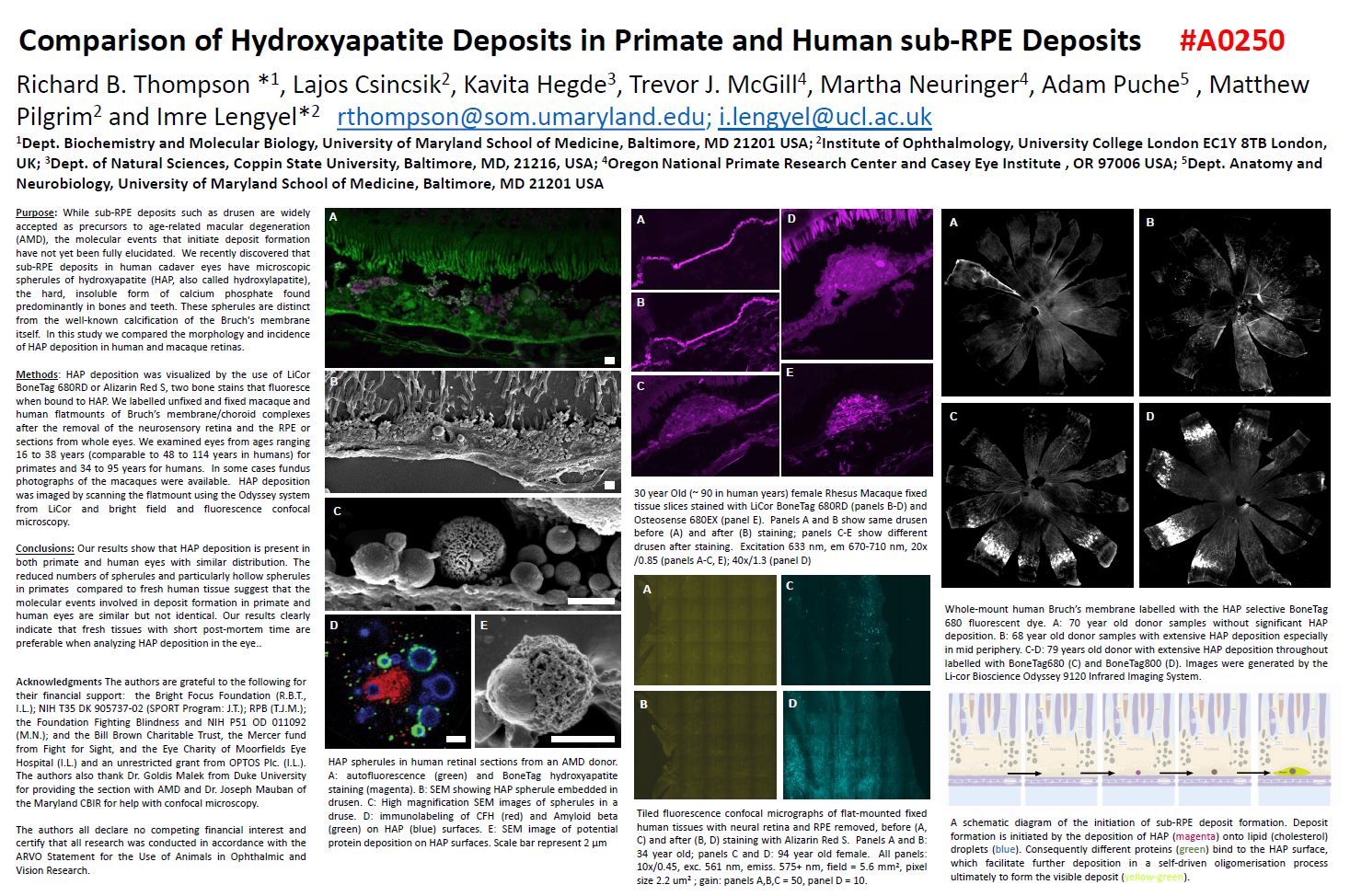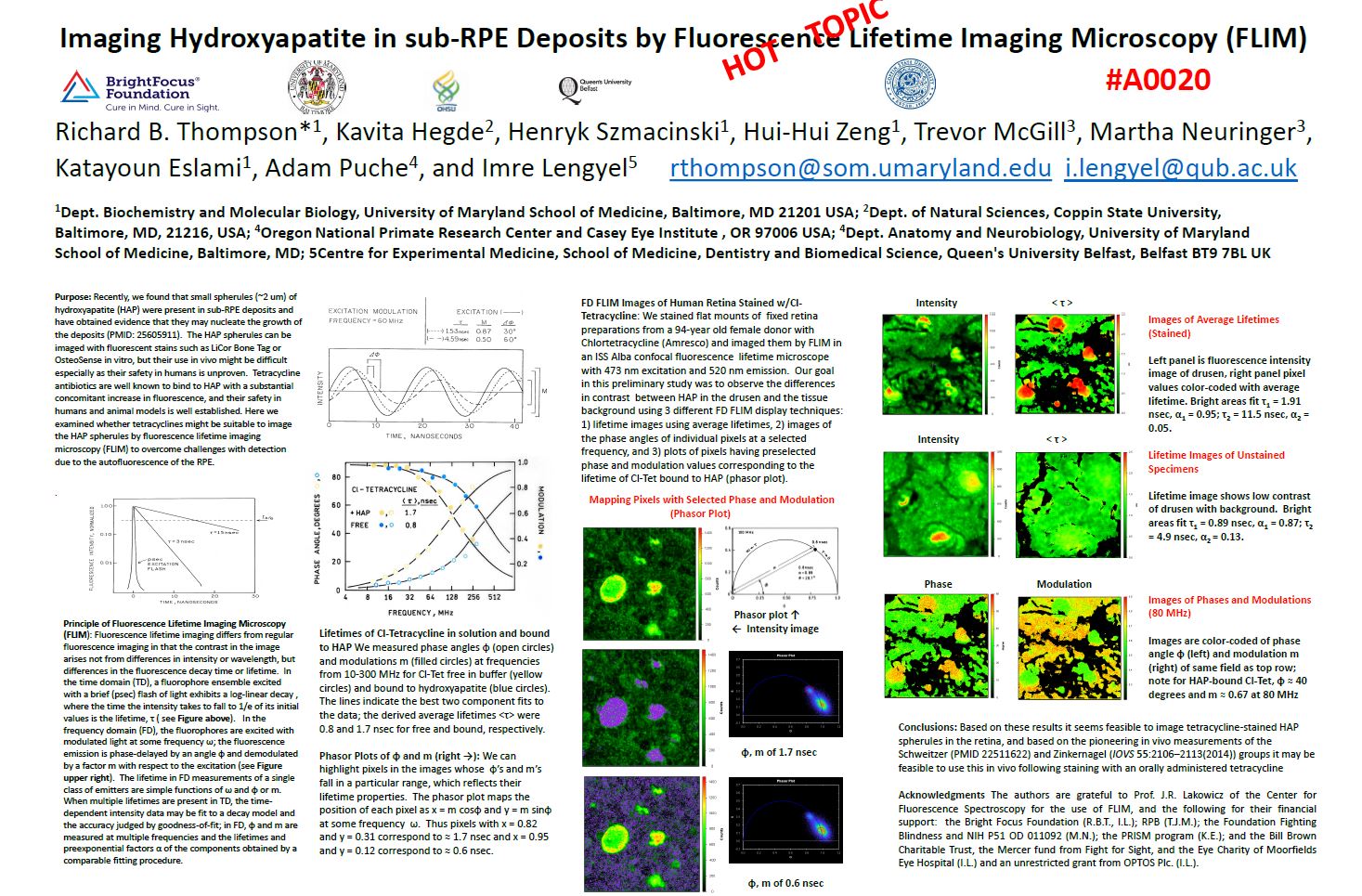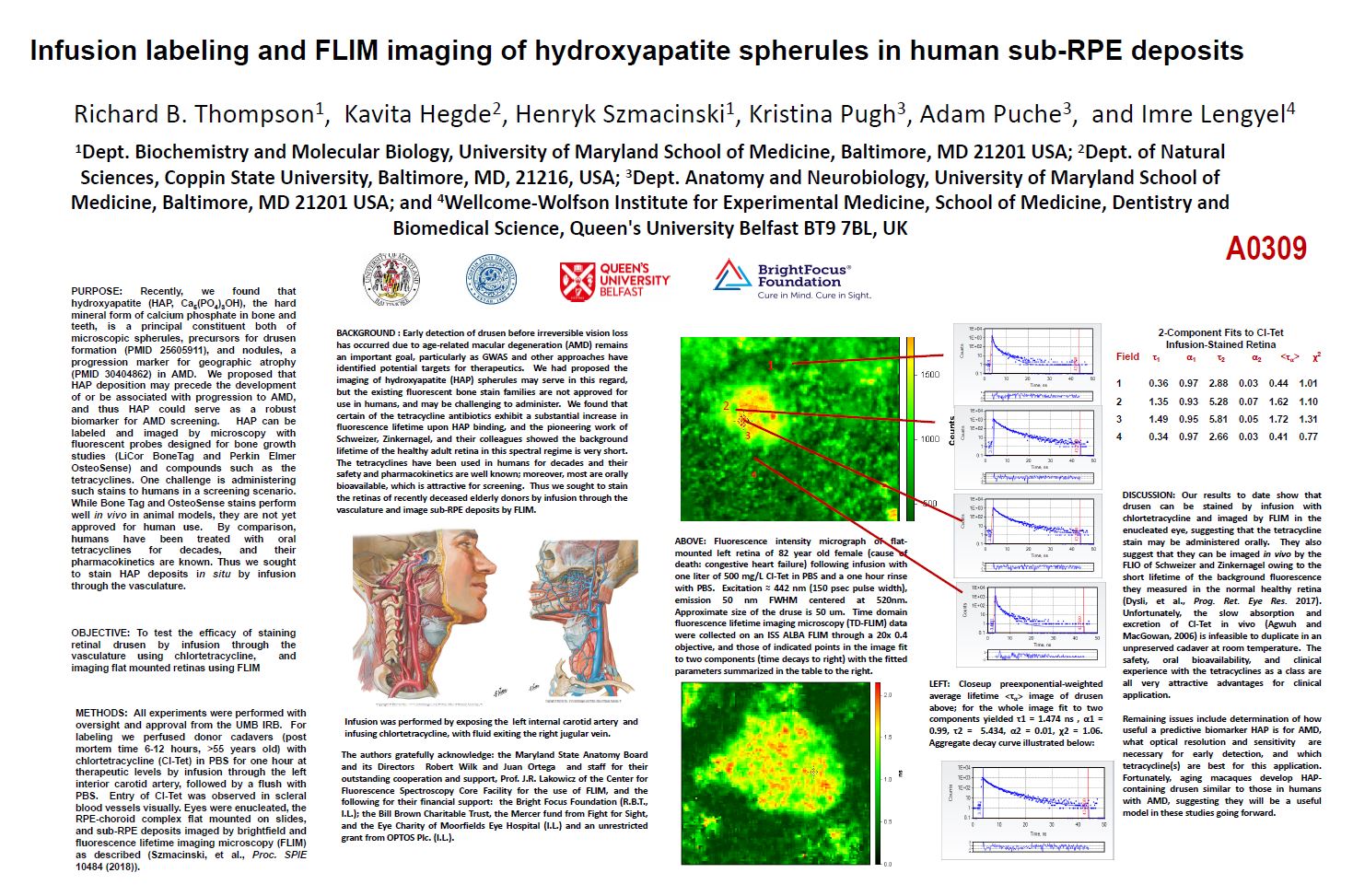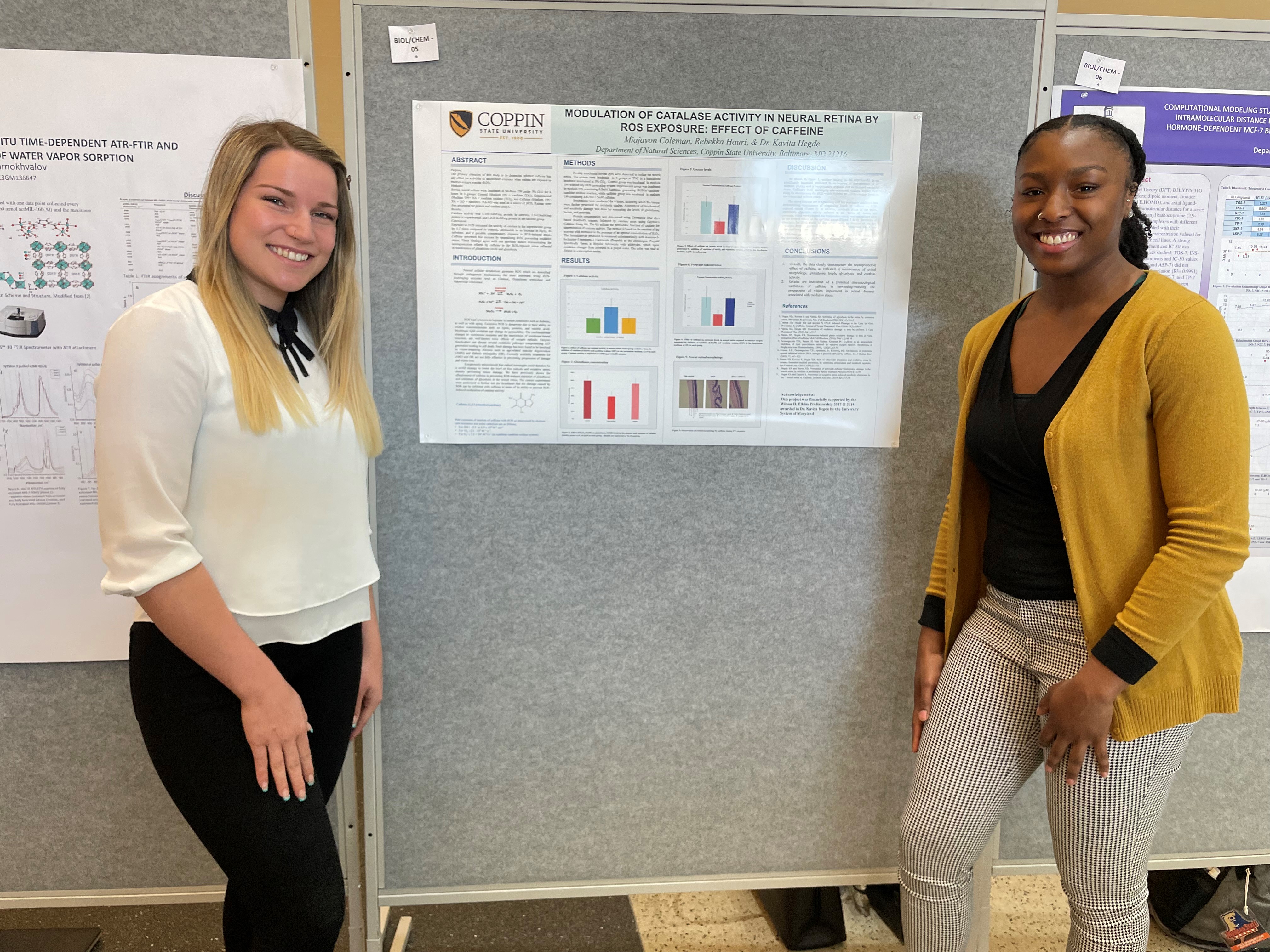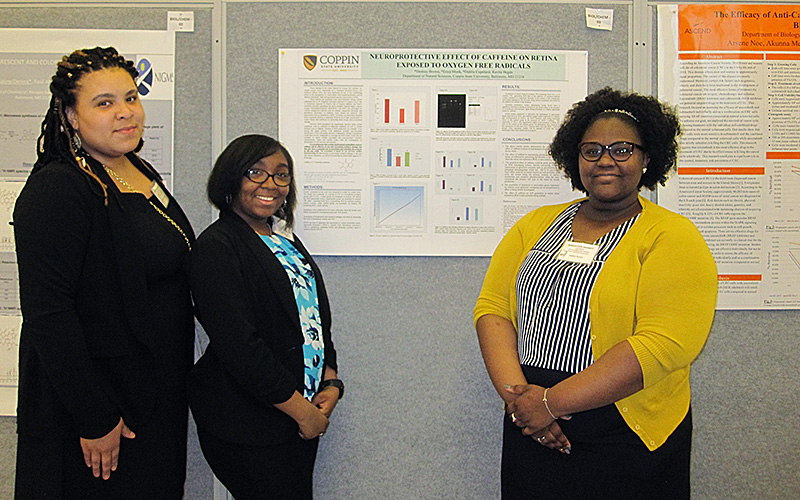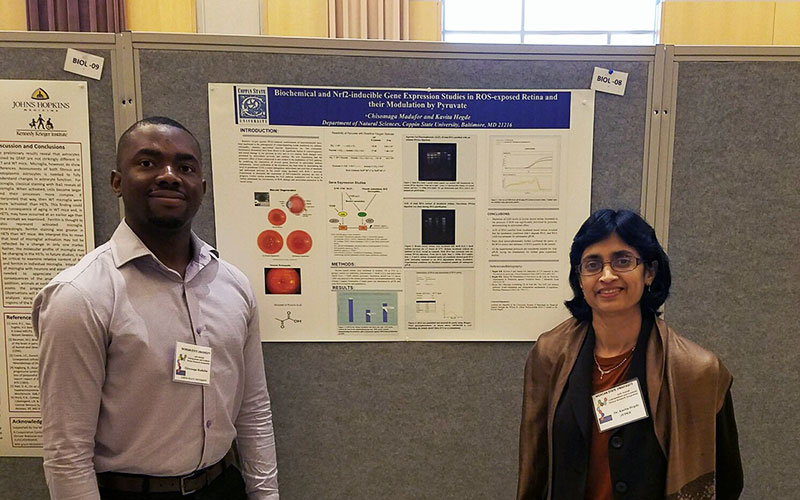Office of Sponsored Programs and Research
Office of Planning & Assessment
Office of Sponsored Programs and Research

The Office of Sponsored Programs and Research (OSPR) is institutionally responsible for all pre-award and non-financial post-award functions, including proposal submissions, the negotiation and acceptance of all sponsored agreements on behalf of Coppin State University, award modifications, subrecipient monitoring and non-financial closeout of awards.
Our office works with the unit administrators to provide assistance to administration/faculty/staff with proposal preparation, applicable sponsor guidelines, as well as sponsored programs training, education and communication. OSPR works closely with the Institutional Review Board (IRB) to safeguard and protect human research subjects and in conducting responsible research and the Office of Grants and Contracts in managing all extramural awards and campus outreach initiatives for sponsored projects.
